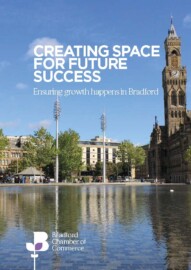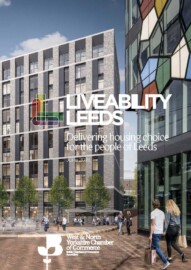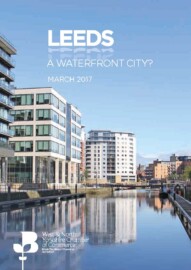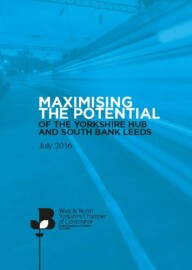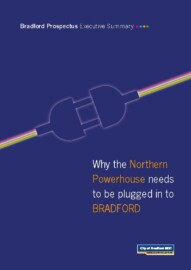Campaigns
We have championed businesses in North and West Yorkshire for over 150 years.
During that time, we have worked with business to campaign on issues that impact them, their employees, and the communities around them.
Our Policy and Representation team gather views and evidence from our members, which informs our campaigns and asks of government. We do this through regular meetings of our campaign groups and our Quarterly Economic Survey.
We also collaborate with other Chambers and business representative groups to campaign for what is best for business.
Below, you will find information on our regular groups, some split into our three regional areas and others that are based across our work. If you would like to know more about our groups and forums, please email a member of the team.






